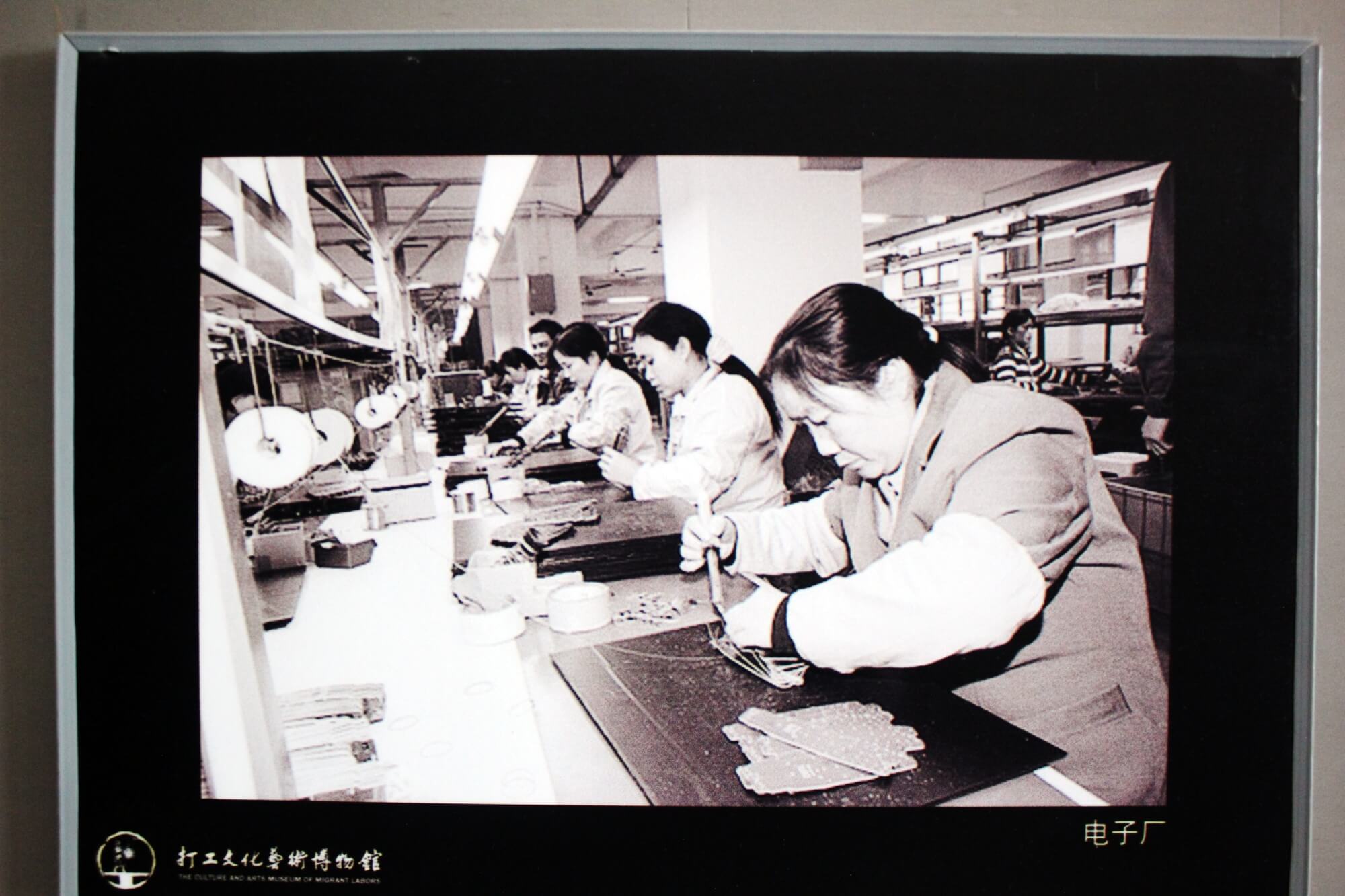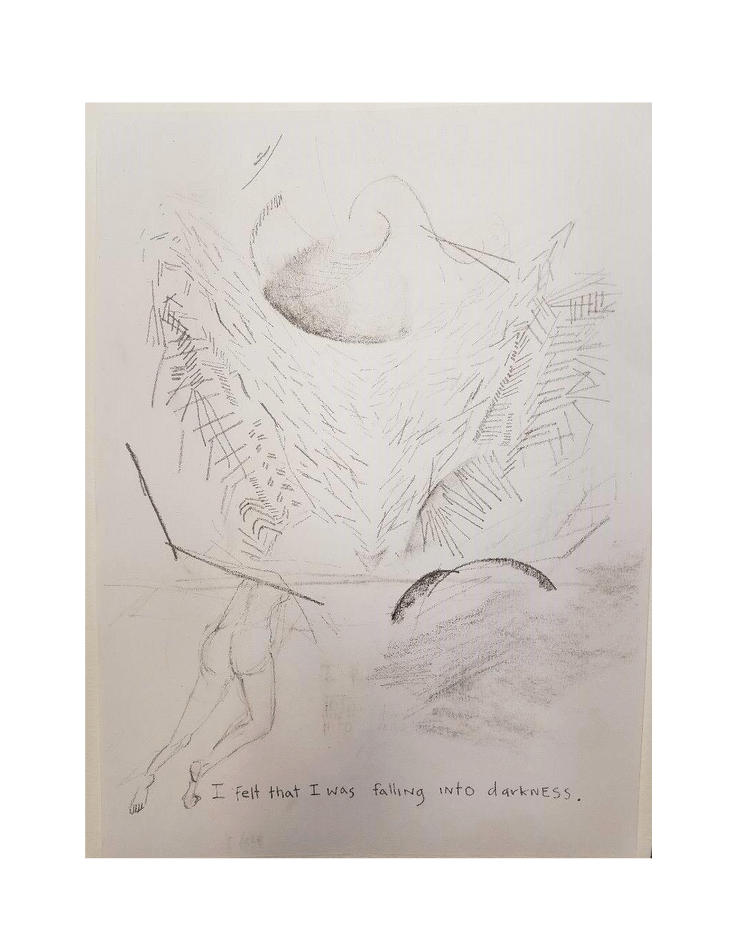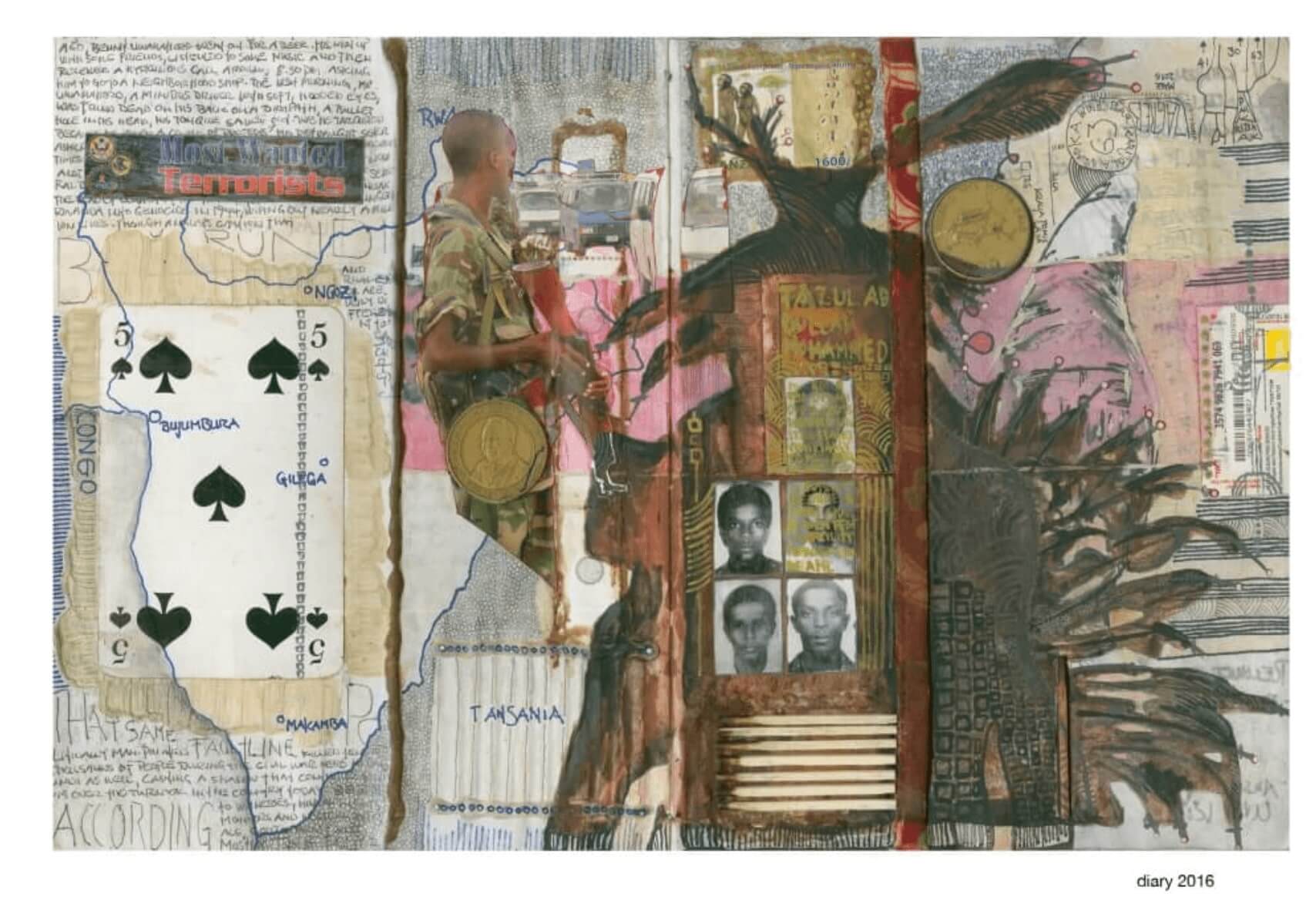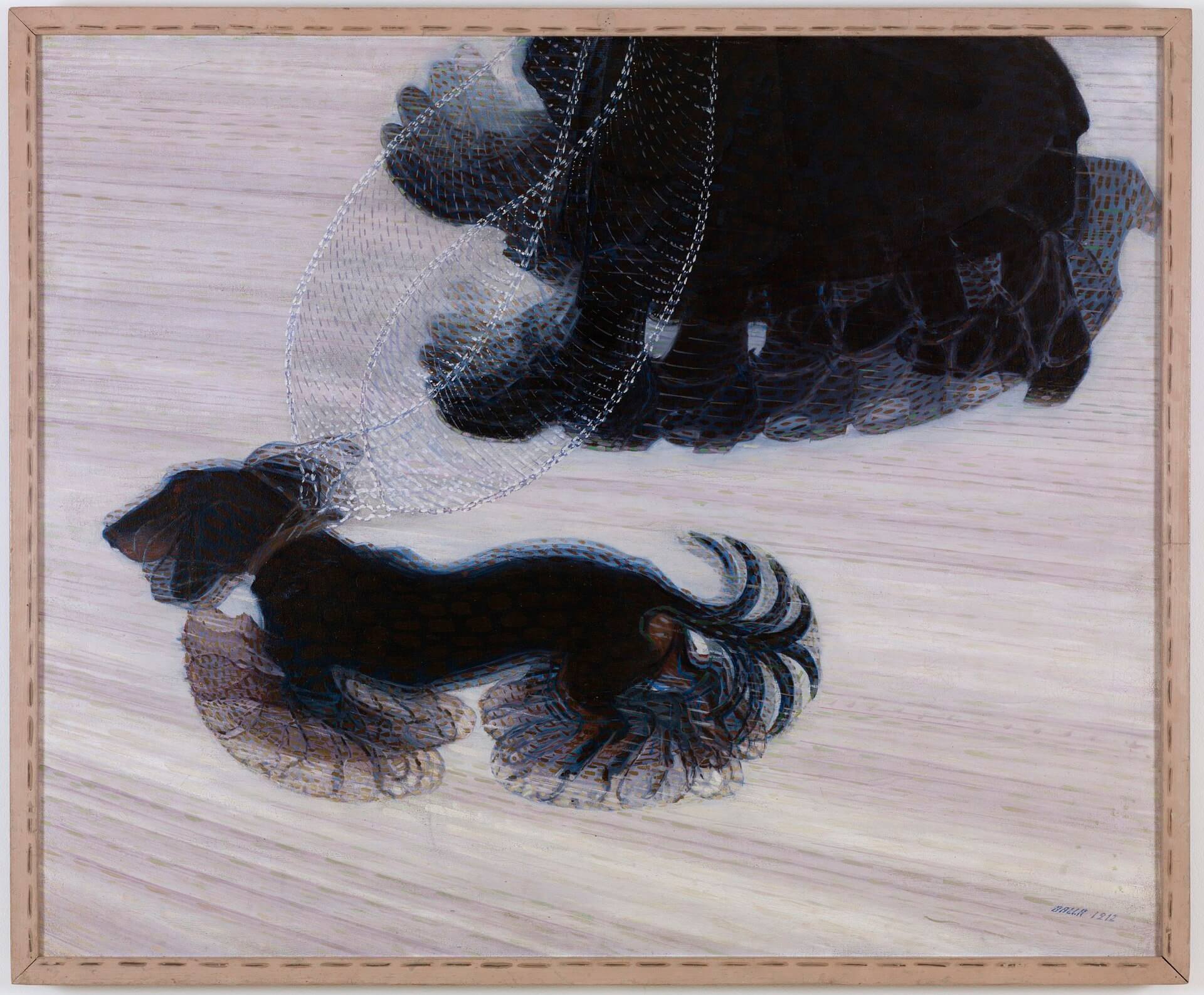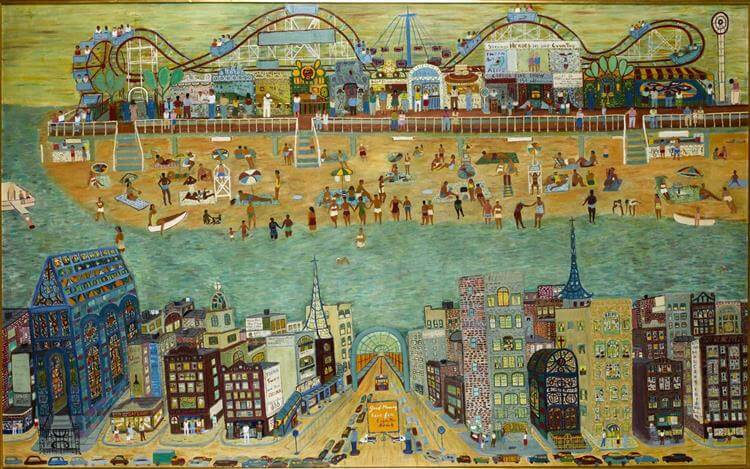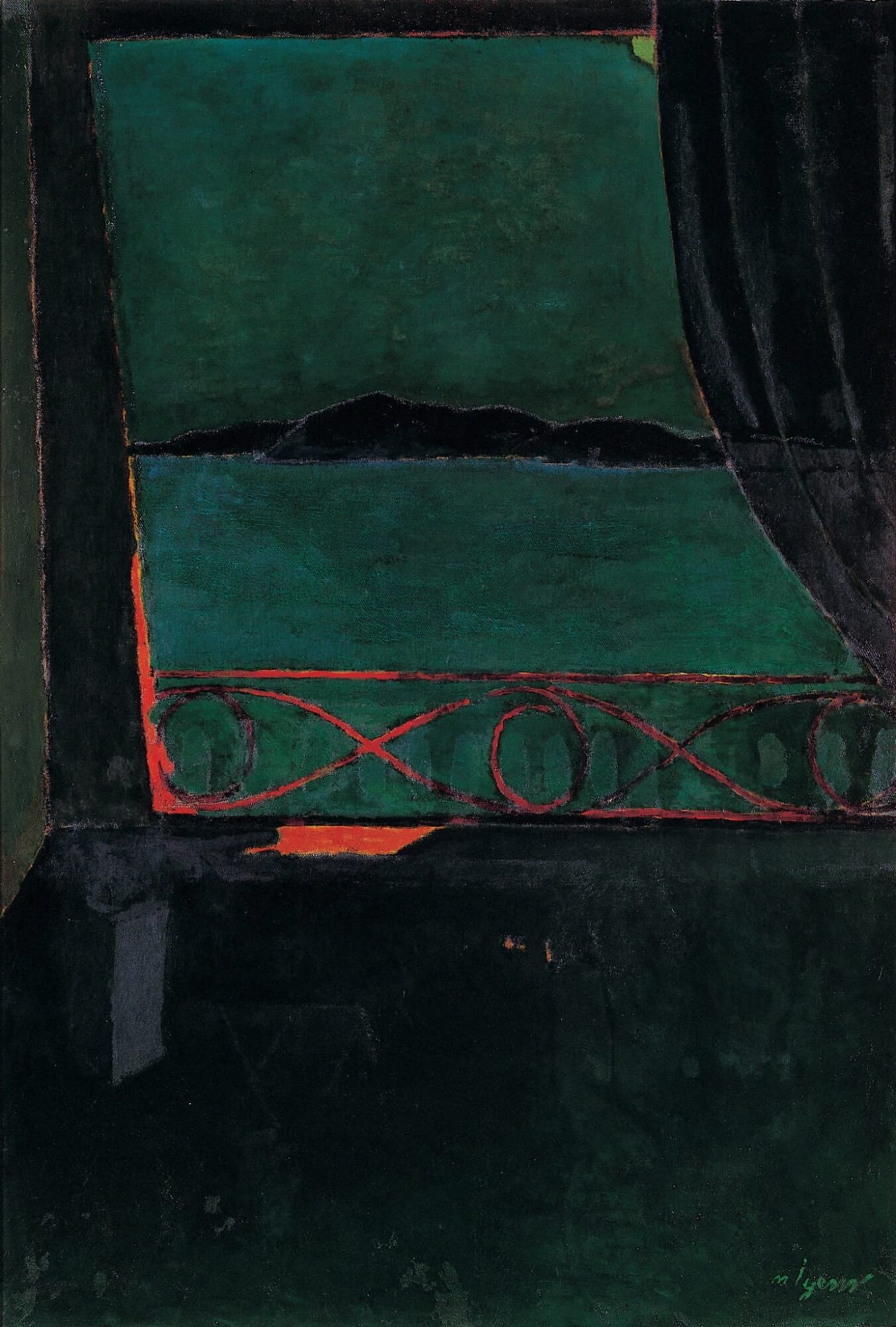Mouse Magazine Issue 1
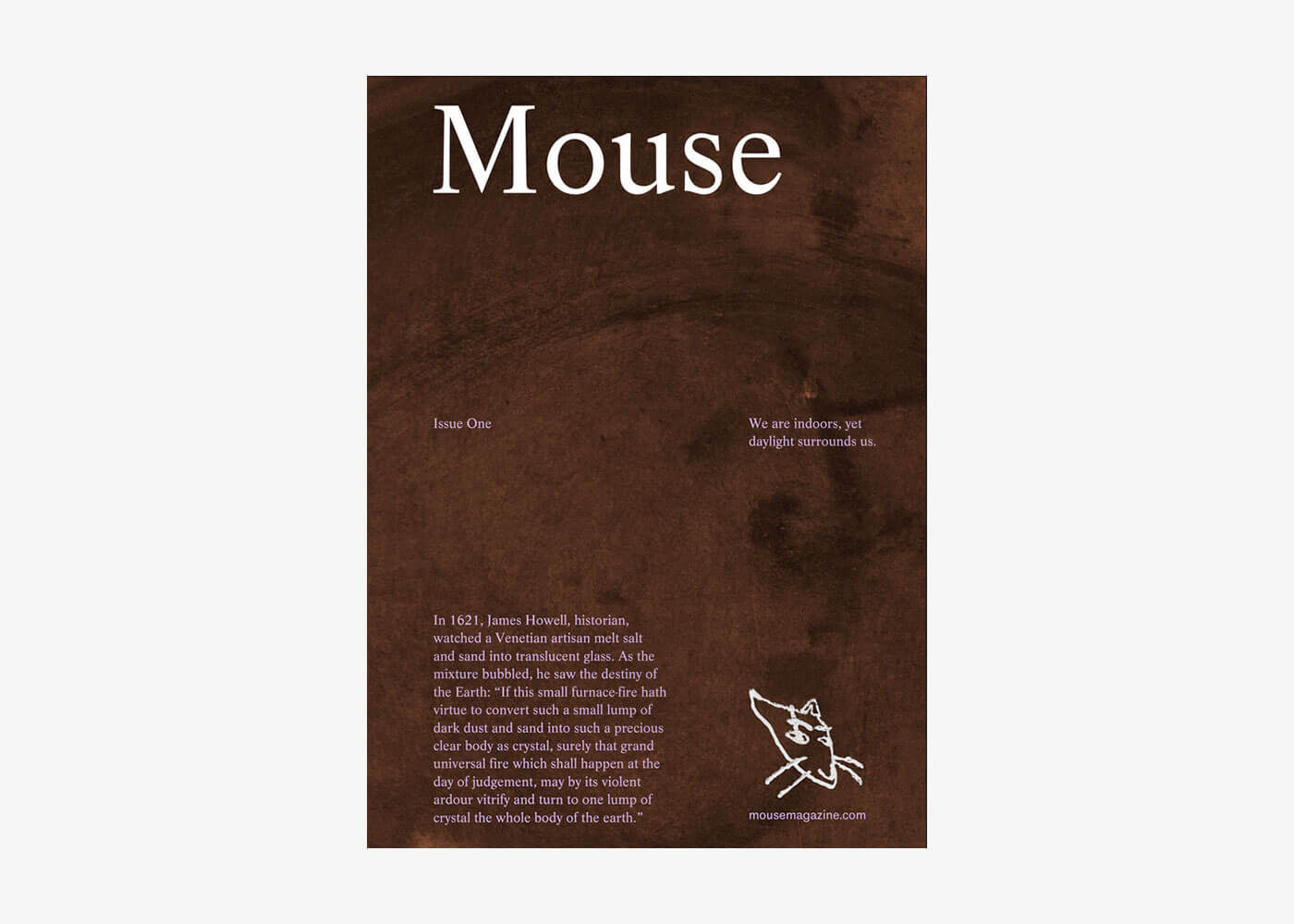
Mouse Magazine Issue 1 compiles writing from five years of Mouse. Featuring writing and art from: Avi Ackerman, Henri Antikainen, Christian Belanger, Winston Berg, Soyonbo Borgjin, Joshua Craze, Ted Davis, Joseph Dole, Cliff Fyman, Benjamin Ginzky, Kirsten Ginzky, Neal Jochmann, Kyla Kaplan, Ariella Katz, Julian Lindgren, Guthrie London, Max Maller, Shyam Manohar, Gautama Mehta, Morley Musick, Hugh Musick, Henry Cole Smith, Amelia Soth, Olivya Veazey, Brendan White, and Haeyin Zho.
Mouse Chapbook 1 – Legal Fictions, by M. Musick, Illustrated by H. Musick

Certain contemporary phenomena have qualities more fabulous than real. “Legal Fictions” collects a series of fables which narrativize (albeit in a primitive manner) these nevertheless-real phenomena, which include: ghost restaurants, the Obama-era legal definition of a terrorist as “any 18-year-old male within a strike zone,” corporate personhood, the interview process for immigrants seeking asylum, the wheat commodity shock which precipitated the Arab Spring, the peculiar funding mechanism of the deep oil port at Aden, carbon offsets schemes, mass detentions, and the bitcoin honeypot industry. Compiled by M. Musick, with etchings by H. Musick.
Mouse Chapbook 2 -A Select Archive of Deleted Wikipedia Articles on aspects of Finnish Literature, by Henri Antikainen

Described by the author as ‘a contribution in the genre of misinformation’, this imaginary archive of deleted Wikipedia articles creates an alternate recent history of Finnish literature, populated by writers struggling with the difficulty of having to use language in their writing, or in some cases, finding ingenuous ways out of it. Through such striving the book like the obsessive authors it depicts reaches for the stillness after the storm in a teacup.
Mouse Chapbook 3 – Clank of Light, by Henry Cole Smith

A sonnet corona begun during a 14-day quarantine period after returning to San Francisco from Paris in March, 2020. After “A Novelette” by William Carlos Williams, his surrealistic prose work written during a flu epidemic in New York in January, 1929.
